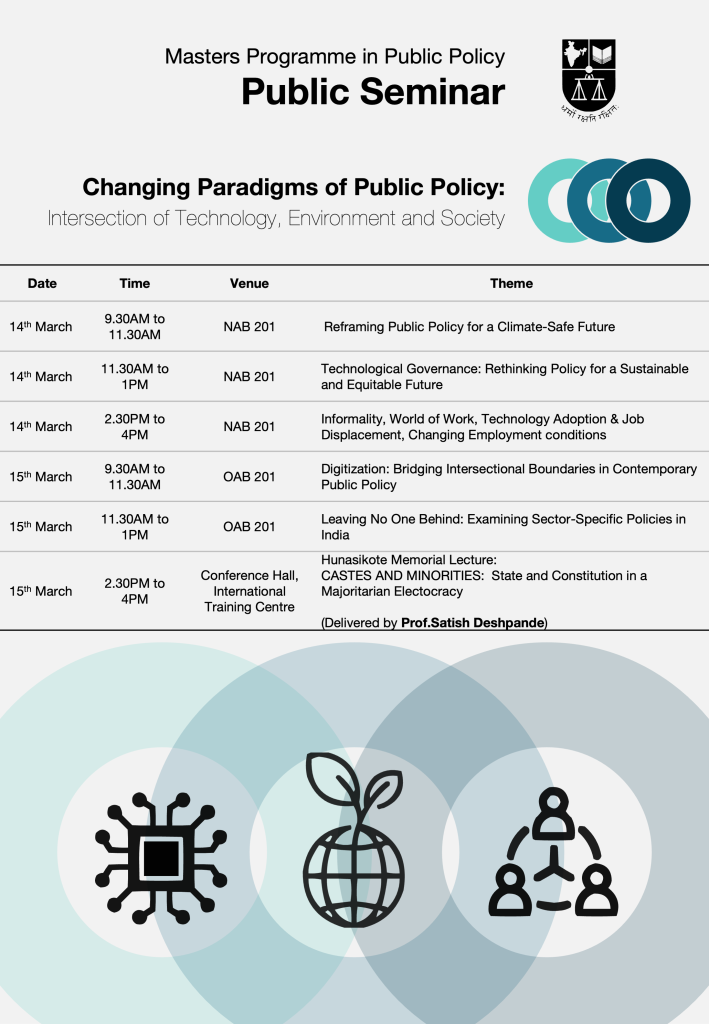Prof. Matthias Mahlmann from the University of Zurich will be delivering a talk titled ‘The Arduous Pursuit of Dignity for All – Preserving Democracy and Human Rights in a World in Crisis’. Prof. Mahlmann is University Professor, and Chair of Philosophy and Theory of Law, Legal Sociology and International Public Law at the Faculty of Law, University of Zurich, Switzerland. He is also a Visiting Professor with the V R Krishna Iyer Chair on Public Law and Policy Choice at NLSIU. The talk will take place at the BIC, Domlur on April 10, 2024 from 6.30 pm to 8.30 pm.
This talk draws from Prof. Mahlmann’s recent critically acclaimed book, Mind and Rights: The history, law and psychology of Human Rights published in open access mode by Cambridge University Press in February 2023. The talk critically examines the growth of the concept of human rights, its roots in history and current human rights theories. It scrutinizes in particular the myth of the Western origin of the idea of human rights by highlighting the many roots of human rights in different cultures, including within the Global South and indigenous cultures.
A particular goal of the talk is to engage with the so-called cognitive revolution and to investigate the relationship between human cognition and human rights. The talk will argue that insights gained from modern theories of the mind can deepen our understanding of the foundation of human rights. The talk also seeks to answer the question whether the current attacks on democracy can be countered through the use of human rights and its underlying political ethics of egalitarian dignity. Finally, the talk will contend that the pursuit of the human rights idea, with its achievements and tragic failures, is key to understanding what kind of beings humans are. Such self-knowledge is crucial in times in which the human species has put its own survival at risk.
The talk will be followed by a conversation between the author, Matthias Mahlmann, and NLSIU faculty Dr. Rinku Lamba. This will be followed by a moderated Q&A session with the audience.
Registration for the event is on a first-come first-serve basis. To register, click here.
Information source: Bangalore International Centre
Watch the BIC Talk here:

 Schedule
Schedule